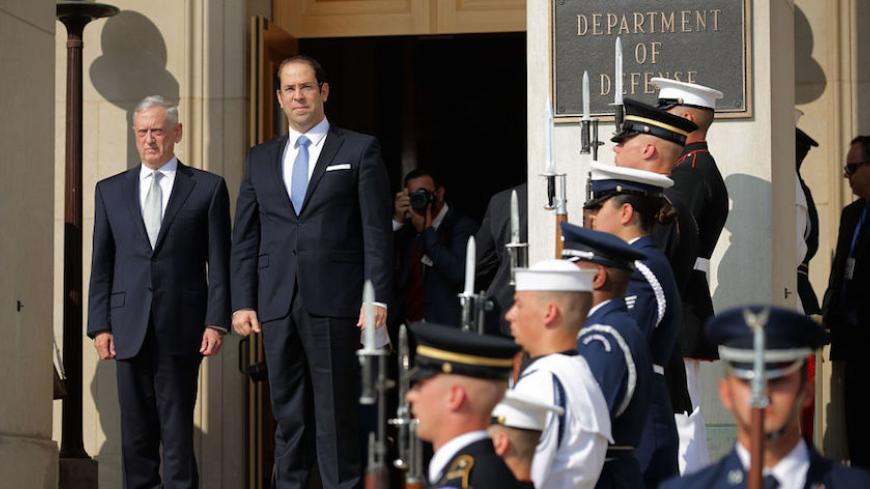Does US have right tools to help success story like Tunisia?
Tunisian President Beji Caid Essebsi’s Washington visit lays bare the limitations of US reliance on military aid.

Tunisia is doing everything right in Washington’s eyes, and that’s got US policymakers stumped.
Tunisian President Beji Caid Essebsi’s visit during the last week laid bare the limitations of a Middle East policy that has long favored military assistance and anti-terrorism. Instead, the Arab Spring’s only success story is asking for help creating jobs and tackling poverty, forcing the United States to once again rethink its approach to the region.







